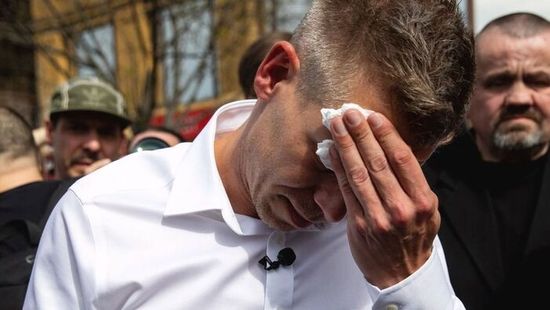Itt egy újabb közvélemény-kutatás: nyílik az olló Orbán és Magyar között (grafikon)

Az abszolút többség szerint egyértelmű, kire nem szabad bízni Magyarország vezetését.

I’m one of those people who believes that the biggest political threat Hungary currently faces is not right-wing extremism but the Orbán government’s trampling of the rule of law and property rights. But I am also a stickler for getting the story right, so I was unhappy to see that the underlying item Dempsey was tweeting around is at best misleading.
"The piece, called 'A Bus Ride with Viktor Oban,' is about a conversation the Prime Minister had with Budapest Mayor István Tarlós while the two were touring the city on one of its new buses. During the conversation – which was captured on tape by reporters riding on the bus – Orbán and Tarlós mulled crafting a law to gain control of a landmark building across from the State Opera House known variously as the Ballet Institute and the Dreschler Palace, which is currently owned by a Portuguese firm. “Surely now is the time for the EU to act against an expropriation that is undermining one of the EU’s key principles: the rule of law,” Dempsey writes.
Left out of the article, and a related one on Hungarian Spectrum, are two rather important issues:

One is that the initial privatization of the building took place under extremely dubious circumstances under a previous Socialist-led local government. (It was originally sold by the District VI municipality to someone for just HUF 220 million – less than 3% of the price eventually paid by its current owner.) One could easily make an argument that, at least in moral terms, the building is stolen property. Certainly, if Orbán & Co. went around selling historic state buildings for fillers on the forint to well-connected insiders I would expect little sympathy for anyone caught holding the bag following the next change of government.
More crucially, the piece fails to mention that the building has been sitting empty for more than a decade, and that it is routine for governments around the world to seek control of properties seen as contributing to urban blight. At no point did they discuss seizing the building without some form of compensation."